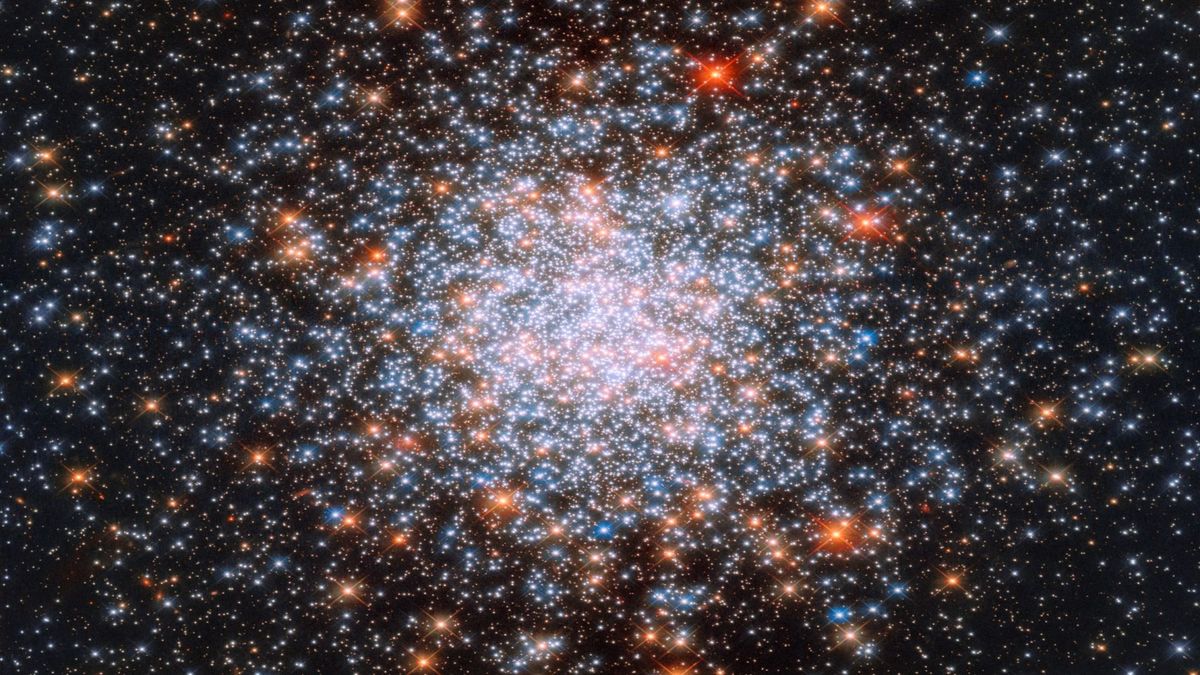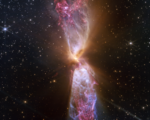A groundbreaking hypothesis proposes that dark matter, one of the universe’s most enigmatic components, could have originated from a separate event referred to as the “Dark Big Bang.” This idea, first introduced in 2023 by Katherine Freese, Director of the Texas Center for Cosmology and Astroparticle Physics, and Martin Wolfgang Winkler of the University of Texas, challenges the conventional understanding that all matter and energy in the universe were created at the same time during the Big Bang. Recent work by researchers at Colgate University has built upon this theory, offering new perspectives on how this “Dark Big Bang” could have unfolded and how we might uncover supporting evidence.
In their study, published in Physical Review D, physicists Cosmin Ilie, Assistant Professor of Physics and Astronomy, and Richard Casey, a scientist at Colgate University, elaborated on the mechanisms behind a potential Dark Big Bang. The theory proposes that dark matter may have been introduced into the cosmos up to one year after the traditional Big Bang event. Ilie explained in an interview with Space.com that their research explores a broader array of possibilities than previously considered, making the concept of a Dark Big Bang increasingly plausible. This idea, if proven, would fundamentally alter our understanding of both dark matter and the early universe.
The Dark Big Bang theory presents a significant departure from the widely accepted view that dark matter and ordinary matter share a common origin. The prevailing hypothesis suggests that both types of matter emerged from the same cosmic event. However, by proposing that dark matter could have come from a distinct source, this new theory opens the door to a more complex cosmological model. While Occam’s Razor typically favors simpler explanations, Ilie argues that the universe may not necessarily follow our preference for simplicity, and we must be open to more intricate possibilities.
As scientists continue to explore the origins of dark matter, this theory could provide a fresh avenue for research, with the potential to reshape our understanding of the cosmos. The next steps will involve gathering observational data to test these ideas and search for evidence that might confirm the existence of a Dark Big Bang. If the theory holds, it could offer profound insights into the nature of dark matter and its role in the formation of the universe as we know it.

















